380 Merrimack Street, Suite 3E, Methuen, MA 01844
- Call Us: 978-685-2511
380 Merrimack Street, Suite 3E, Methuen, MA 01844
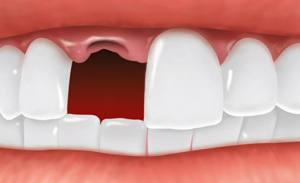
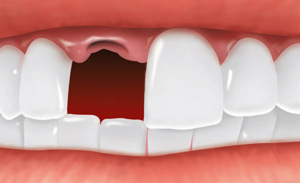
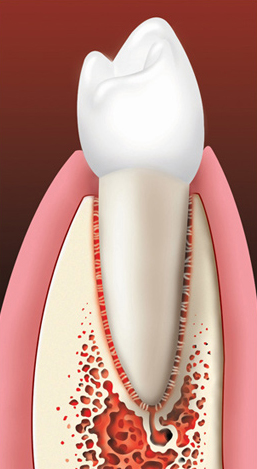
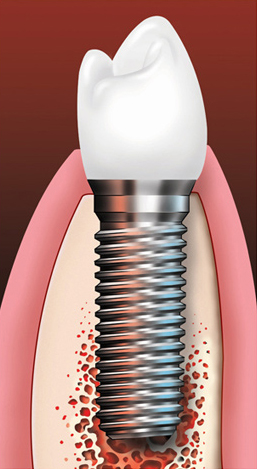
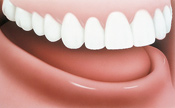
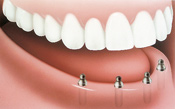
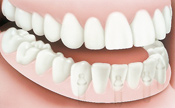


Monday: 8am – 6pm
Tuesday: 8am – 6pm
Wednesday: Closed – By Appointment Only
Thursday: 8am – 6pm
Friday: 8am – 2pm
Saturday: Closed
Sunday: Closed
Methuen Dentist, Pleasant Valley Dental Health, is a dental professional dedicated to General, Family and Cosmetic Dentistry such as Dental Exams,
X-rays, Makeovers, Teeth Whitening, Implants, Root Canals, Veneers, Crowns, & more. Please come and visit our dental office in Methuen, MA.
We provide dental services in Boston MA, Methuen MA, Lawrence MA, Haverhill MA, North Andover MA, Andover MA, Milford MA, Lowell MA, Wilmington MA,
Wakefield MA, Chelmsford MA, Amesbury MA, Dracut MA, Reading MA, Tewksbury MA, Bedford MA, Billerica MA, Woburn MA, and other surrounding areas.
© 2024 – PLEASANT VALLEY DENTAL HEALTH – FAMILY & COSMETIC DENTISTRY – ALL RIGHTS RESERVED
DRS. GARY WAINWRIGHT & EDMAR UPITE – DENTIST IN METHUEN, MA
380 MERRIMACK STREET SUITE 3E METHUEN, MA 01844
TEL: 978-685-2511
EMAIL: INFO@METHUENDENTIST.COM